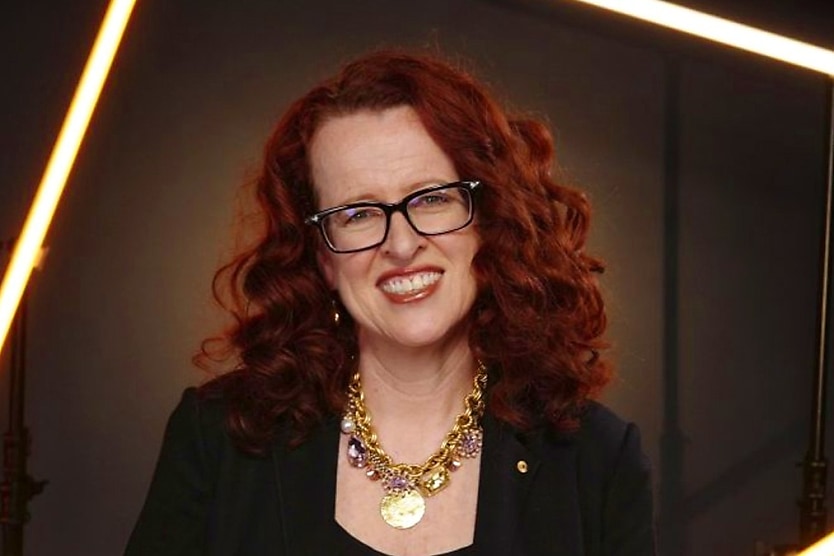‘Distressing’ and ‘enraging’ reports of bullying, racism, sexism at ANU college
SHARE THIS ARTICLE

A college at the Australian National University (ANU) has been the centre point of an alarming investigation revealing findings of a “deeply dysfunctional culture”, including recounts that left the key investigator “enraged.”
Former Victorian police commissioner and professor, Christine Nixon, carried out a report into the College of Health and Medicine that previously resided at ANU, which found numerous instances of psychosocial harm, including bullying, harassment, and gender and racial discrimination.
“Staff describe a deeply dysfunctional culture across the College and the broader University marked by bureaucracy, territorialism, bullying, entitlement and resistance to change,” said Nixon.
“The University’s duty to provide an environment of psychosocial safety cannot be fulfilled while behaviours like this continue to be regarded as acceptable.”
The key findings of Nixon’s report included the following:
1. Lack of proper accountability systems.
2. A poor and disrespectful culture.
3. A lack of focus on managerial skills development.
4. Gender bias, sexism, and racial discrimination.
5. Poorly designed systems of work.
6. Appointment and selection systems lack integrity.
7. Harassment and bullying of both staff and students.
8. An ineffective complaints management.
According to Nixon, certain reflections from staff members and students of their experiences within the college left her “enraged”.
“One participant described a culture of ‘keeping the peace’ at ANU. Yet for many in the University community, this peace has been illusory,” she said.
“Staff and students told me about inflexible work practices, unfair workloads, bullying and discrimination. Some of the stories shared with me were very distressing. Others were enraging.”
The report comes at a time when ANU is already facing numerous controversies from the top-down, with 760 National Tertiary Education Union (NTEU)-aligned staff recently voting no confidence in chancellor Julie Bishop and the vice-chancellor Professor Genevieve Bell, spurred by a number of budget blunders that have put staff mental health “at an all-time low.”
Speaking in a video tied to the report’s release, Bell said that the institution had “fallen short” in some cases.
“I know that many members of our community work hard every day to ensure ANU is a place that is inclusive and welcoming. But I also know, in some cases, we have fallen short as an institution, and we have let our people down,” she said.
“To all of the students and staff who have been affected by these behaviours and this culture over many years, we at ANU say sorry.”
Reflections in the report highlighted the entrenched dysfunction, including a “poor and disrespectful culture” that Nixon said has permeated for “many years”.
One participant spoke on the effects that the workplace culture had, saying: “I still get anxiety and wake up in the middle of the night thinking about my experiences, and the pit of despair that it made me feel.
“The part that still infuriates me to this day is that senior staff were aware of some of these behaviours, and they did nothing. To my knowledge, no one was reprimanded, no one was fired. This has crushed any faith I had that institutions will act to prevent and punish disgusting behaviours.”
Another said: “The reason I left was I couldn’t work there anymore with the way the culture was across the whole university.”
“The lack of integrity in the selection systems was referred to by participants as a ‘sham’ with allegations of nepotism, networking favouritism, and ‘captain’s picks’ being the status quo at both the college and university,” said Nixon.
“While many of the ‘captain’s picks’ were regarded as excellent contributors, the practice compromised the integrity of the recruitment system, created an authorising environment for non-compliance, and significantly eroded trust in leadership at both College and School level.”
With Bell and Bishop remaining on the hot seat amid other controversies, including a federal parliamentary inquiry into the university’s governance, the report could have negative effects for ANU leadership moving forward.
“The contents of this Review are shocking and paint a picture of widespread institutional failure. This stems from poor leadership and governance,” said NTEU ACT division secretary Lachlan Clohesy.
While the issues described may have been particularly acute in the schools reviewed, these are problems that exist across the entirety of the university.
“We have supported countless members to deal with the aftermath of some of the behaviours described. This is not limited to the Schools reviewed,” Clohesy said.
“When you have a culture of fear and intimidation that starts at the top, a Vice-Chancellor threatening to hunt people down, and a Chancellor who describes staff as inefficiencies, staff are understandably sceptical that cultural change is possible with the current leadership.
“The report lays bare inaction for many years, including under the former Vice-Chancellor Brian Schmidt and for the entirety of Julie Bishop’s term as Chancellor.”
RELATED TERMS
Your organization's culture determines its personality and character. The combination of your formal and informal procedures, attitudes, and beliefs results in the experience that both your workers and consumers have. Company culture is fundamentally the way things are done at work.
Kace O'Neill
Kace O'Neill is a Graduate Journalist for HR Leader. Kace studied Media Communications and Maori studies at the University of Otago, he has a passion for sports and storytelling.

